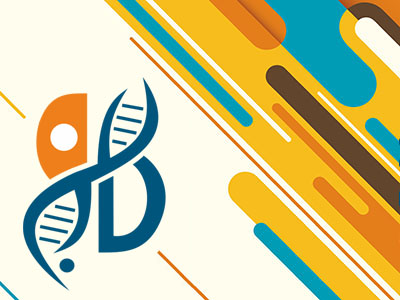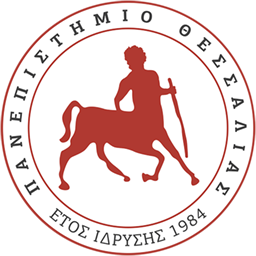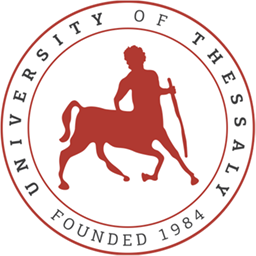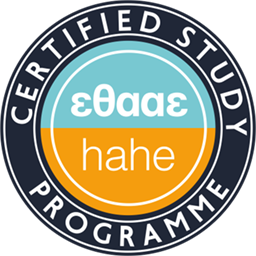Molecular Virology

Theory: 2 hours/week | ECTS Units: 3
Content – Aim of the course
The aim of the course is to introduce fundamental principles and current trends in the field of molecular Virology. The course explores and explains the main aspects of virology, including structure of virus particles and genome, replication, transcription, gene expression infection and finally pathogenesis providing a good starting point to rapidly acquire the necessary knowledge of a continuously expanding area.
Analytical Description of the Course
- Introduction
In this section students learn about the basic concepts related to the field of Molecular Virology (virus, virion, serotype, genotype, strain, etc.). There is also a historical background from the first discovery of viruses to modern molecular virology. - Virus Particles
Description of the different forms that a virion may take. Also, the different types of symmetries that a viral capsid may have are mentioned and the case of enveloped viruses. In addition, the role of the capsid and envelop proteins, their interaction with cell receptor proteins, and the entry of the virus into the host cell are taught. - Virus Genomes
Students learn about the structure and complexity of viral genomes. The most common way of classifying viruses (according to Baltimore) and the basic similarities of viruses belonging to the same class are described. Students are also taught about the evolution of these genomes through mutation, recombination and reassortment events. - Virus Replication
In this section students learn about the replication cycle of a virus. All the basic steps from the binding of the virus to the cell receptor until the release of the new viral particle from the infected cell. - Virus Expression
Students are trained about the different mechanisms which a virus controls and regulates gene expression. The similarities of the mechanisms depending on the replication site of the genome in the host cells (nucleus / cytoplasm) and the mechanisms of transcriptional, translational and post-translational regulation of expression are mentioned. - Infection and Pathogenesis
In this section students learn the concept of viral infection. The ways in which viruses are transmitted between humans and animals are described. In addition, they learn the concept of pathogenesis and the various mechanisms through which a virus eventually causes cell damage resulting in the onset of disease. The case of new and emerging viruses, viruses that appear and circulate for the first time or viruses that, although known from the past, suddenly reemerge causing epidemics and / or pandemics is also described. - Satellites, Viroids and Prions
This section describes the above factors which, although not viruses (they do not carry all the properties of a virus), can and do cause infectious diseases in humans, animals and plants. - Vaccines and Antiviral Drugs
Students are first trained about the importance of vaccines to control epidemics. The different types of vaccines available, as well as new vaccine development techniques are also described. As to antiviral therapy, the molecular targets and stages of the virus replication cycle targeted by antiviral drugs are described.
Assessment
Student performance is evaluated from the final written examination and from the successful completion of a personal assignment.
Reading Suggestions
- Introduction to modern Virology (7th edition). Dimmock J. Nigel, Easton J. Andrew, Leppard N. Keith. Wiley. 2016
- Virology, an illustrated colour text (1st edition). S. Korsman, G. Van Zyl, L. Nutt, M. Andersson, W. Preiser. Churchill Livingstone, 2012
- Understanding viruses. Teri Shors. Jones & Bartlett Publishers. 2013
- Principles of Molecular Virology (6th Edition), Alan Cann, Academic Press; 2015.
- Fields Virology (6th Edition) Knipe, David M.; Howley, Peter M. Lippincott Williams & Wilkins, 2013
Teaching Material / E-class
Lecturer





